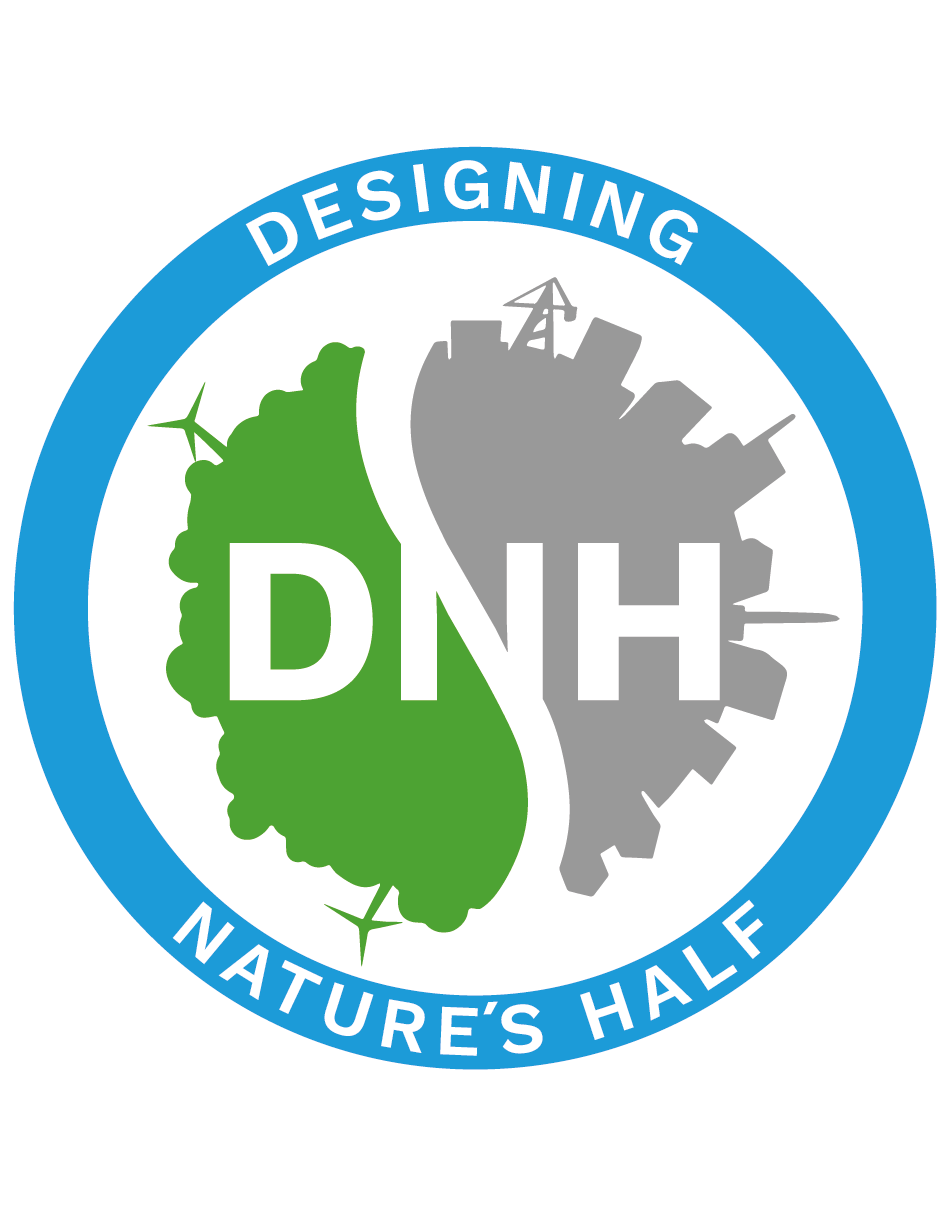
Petition the Biden Administration to Establish a National Network of Ecoregional Cooperatives (ECOs)
Dear America the Beautiful Interagency Working Group:
To: Ms. Brenda Mallory, Chair, The White House Council on Environmental Quality; Ms. Deb Haaland, Secretary, Department of the Interior; Mr. Tom Vilsack, Secretary, Department of Agriculture; and Ms. Gina Raimondo, Secretary, Department of Commerce.
I respectfully urge your support in establishing a nationwide network of Ecoregional Cooperatives (ECOs). This innovative initiative aligns with the eight principles for taking a locally-led approach to conserve and restore America the Beautiful (2021), as outlined by the Department of the Interior, Department of Agriculture, Department of Commerce, and Council on Environmental Quality.
ECOs, as envisioned, are locally-led, self-sustaining business ventures that bring landscape stakeholders together through a multi-stakeholder cooperative membership program to address environmental challenges such as pollution, climate change, and biodiversity loss. They achieve landscape stakeholders’ vision for their landscape through planning, designing, and supporting sustainable conservation and economic programs at the local and ecoregional levels. These programs could include initiatives such as:
Afforestation and restoration of degraded habitats;
Climate resiliency and mitigation in partnership with Regional Technology and Innovation Hubs;
Indigenous peoples’ prescribed fire, American bison, and other conservation programs;
Private landowner conservation projects;
Regenerative agriculture;
Renewable energy siting projects;
Tribal, Federal, and State land protection projects;
…and more.
The goal of ECOs is to work through inclusive (i.e., multi-jurisdictional, multi-sector) and deliberative, science-based decision-making processes to achieve the Administration's "30X30" challenge while developing sustainable ecoregional economies.
Full Petition
Dear America the Beautiful Interagency Working Group:
To: Ms. Brenda Mallory, Chair, The White House Council on Environmental Quality; Ms. Deb Haaland, Secretary, Department of the Interior; Mr. Tom Vilsack, Secretary, Department of Agriculture; and Ms. Gina Raimondo, Secretary, Department of Commerce.
I am deeply concerned about the current state of our planet. The triple planetary crisis — pollution, climate change, and biodiversity loss — is a complex problem requiring all Americans' immediate action.
I strongly support the Biden Administration's America the Beautiful initiative, which, in part, calls on local and regional-level partnerships to "conserve at least 30% of our nation's lands and waters by 2030." However, I believe the Administration missed an opportunity to build upon the lessons learned from the Clinton and Obama Administration’s sustainability* initiatives (i.e., Ecosystem Management and Landscape Conservation Cooperatives, respectively) and, consequently, puts the success of the America the Beautiful initiative into question.
I respectfully urge your support in establishing a nationwide network of Ecoregional Cooperatives (ECOs) that take an inclusive, landscape approach to:
protect biodiversity, conserve ecosystem services, and enhance human health and well-being by conserving at “least 30% of our nation's lands and waters;”
mitigate the climate crisis through the proper siting of renewable energy projects and the creation of carbon sinks within the context of the larger social-ecological landscape; and,
build sustainable ecoregional economies…
…through democratic and scientific processes to benefit current and future generations of Americans.
This innovative initiative aligns with the eight principles for taking a locally-led approach to conserve and restore America the Beautiful (2021), as outlined by the Department of the Interior, Department of Agriculture, Department of Commerce, and Council on Environmental Quality.
ECOs, as envisioned, are locally-led, self-sustaining business ventures that bring together landscape stakeholders through a multistakeholder cooperative membership program to address environmental challenges such as pollution, climate change, and biodiversity loss. They achieve landscape stakeholders’ vision for their landscape through planning, designing, and supporting sustainable conservation and economic programs at the local and ecoregional levels. These programs could include initiatives like:
Afforestation and restoration of degraded habitats;
Climate resiliency and mitigation in partnership with Regional Technology and Innovation Hubs;
Indigenous peoples’ prescribed fire, American bison, and other conservation programs;
Private landowner conservation projects;
Regenerative agriculture;
Renewable energy siting projects;
Tribal, Federal, and State land protection projects;
…and more.
The goal of ECOs is to work through inclusive (i.e., multi-jurisdictional, multi-sector) and deliberative, science-based decision-making processes to achieve the Administration's "30X30" challenge while developing sustainable ecoregional economies.
With a vision toward efficiency and effectiveness, the Administration's USDA Cooperative Services program is set to launch ECOs. The initial rollout will focus on areas where landscape conservation partnerships exist and are eager to develop a cooperative business venture. As new partnerships are established, the Administration can continue to add more ECOs to the Network.
As we look to the future, it's becoming increasingly clear that urgent action is needed to address the triple planetary crisis. The United Nations Environment Programme (UNEP) warns that if we don't act now, we could lose up to a million species due to human activities. Additionally, NOAA predicts that global temperatures will continue to rise, with devastating consequences for our planet.
Fortunately, there is hope. By establishing ECOs nationwide, the Administration can take a proactive approach to tackling these challenges and ensuring a sustainable future for all. Through ECOs, we can develop sustainable economies that support current and future generations of Americans while protecting biodiversity, conserving ecosystem services, and enhancing human health and well-being. Let's act now to create a better future for all Americans.
* Sustainability is defined here as an overall condition of low vulnerability and high resiliency (Wu, 2013).

